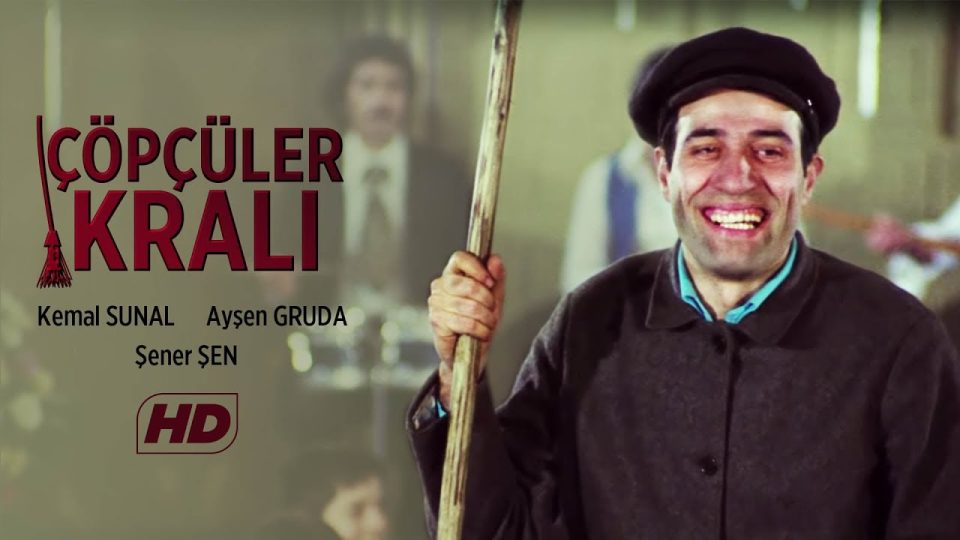If your canary is not eating or drinking, it may be a sign of an underlying health issue that requires prompt attention. In this article, we will discuss some of the reasons why your canary may stop eating or drinking and what you can do to help.
Firstly, it is important to observe your canary’s behavior to see if there are any other symptoms present, such as lethargy, fluffed-up feathers, or labored breathing. If you notice any of these signs, it is best to consult with a veterinarian as soon as possible.
If there are no other noticeable symptoms, there are a few things you can do to encourage your canary to eat and drink. Firstly, make sure that fresh food and water are readily available in clean bowls. You may also try offering your canary some of its favorite treats, such as millet or apple slices, to entice it to eat.
Another possible reason why your canary may not be eating or drinking is due to stress. Make sure that your canary’s environment is quiet and calm, and that it has plenty of space to move around. Avoid placing its cage near any loud noises, such as televisions or speakers.
It is also important to maintain a clean environment for your canary. Dirty cages can lead to bacterial growth, which can cause illness and affect your canary’s appetite. Clean the cage regularly and provide fresh bedding.
If your canary still refuses to eat or drink, it may require syringe feeding or other medical intervention from a veterinarian. It is important to act quickly in these situations, as canaries can become dehydrated and malnourished very quickly.
In conclusion, if your canary is not eating or drinking, it is important to observe its behavior for other symptoms and take appropriate action. Providing fresh food and water, a calm environment, and a clean cage can help to encourage your canary to eat and drink. However, if the problem persists, it is best to seek veterinary care as soon as possible.












